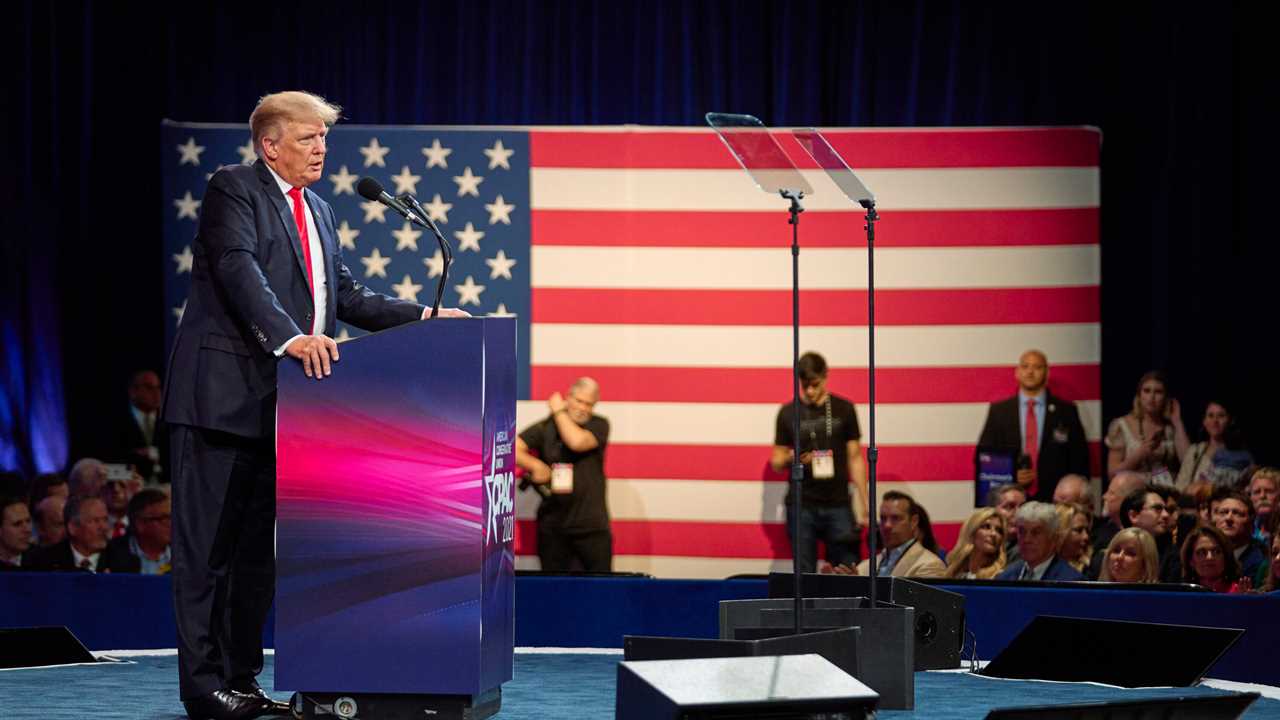
WASHINGTON — The House committee investigating the Jan. 6 attack on the Capitol is in the early stages of considering whether to make criminal referrals to the Justice Department that would urge prosecuting former President Donald J. Trump or his allies.That’s not the primary mission of the committee, which is planning to write a comprehensive report about what led to the violence on Jan. 6 while making recommendations to try to avoid anything like it happening again. But as the committee and its dozens of investigators issue subpoenas for documents, phone records and bank records, the panel is closely looking for evidence of criminality that the Justice Department might not have unearthed.Here is a breakdown of some of the issues confronting to committee.What is a criminal referral?
A criminal referral from Congress would merely be a recommendation for the Justice Department to investigate a case. It would carry no legal weight, since Congress has no authority to tell federal prosecutors what charges to pursue. But given that the Jan. 6 committee’s staff is led by a bipartisan pair of former U.S. attorneys, any recommendation they make would most likely be taken seriously by federal prosecutors.A referral could also have a substantial political impact by increasing public pressure on Attorney General Merrick B. Garland, who has largely sidestepped questions about what prosecutors are doing to examine the conduct of Mr. Trump and his aides as they promoted baseless allegations of voter fraud.For at least one crime, however, a congressional referral does carry a legal order. If the House votes to find someone in contempt of Congress, the Justice Department is obligated to bring the case to a grand jury.Understand the U.S. Capitol Riot
On Jan. 6, 2021, a pro-Trump mob stormed the Capitol.
What Happened: Here’s the most complete picture to date of what happened — and why.Timeline of Jan. 6: A presidential rally turned into a Capitol rampage in a critical two-hour time period. Here’s how.Key Takeaways: Here are some of the major revelations from The Times’s riot footage analysis.Death Toll: Five people died in the riot. Here’s what we know about them.Decoding the Riot Iconography: What do the symbols, slogans and images on display during the violence really mean?What lines of inquiry could the committee pursue?
Investigators are looking into whether a range of crimes were committed, including whether there was wire fraud by Republicans who raised millions of dollars by promoting assertions that the 2020 presidential election was stolen, despite knowing the claims were not true. As investigators scrutinize these fund-raising efforts, they are examining whether any campaign finance laws or regulations governing how nonprofits may spend their money were broken.The committee is also examining whether Mr. Trump and his allies obstructed Congress by trying to stop the certification of electoral votes. Representative Liz Cheney, Republican of Wyoming and the vice chairwoman of the committee, has suggested that Mr. Trump could have violated “through action or inaction” a previously obscure obstruction charge that federal prosecutors have been using to pursue rioters at the Capitol on Jan. 6: the disruption of Congress’s duty to certify the final stage of a presidential election.Pursuing a criminal charge for “inaction” by a president would be a novel strategy in uncharted legal waters. For any high-ranking member of the federal government to be charged under such a legal theory, prosecutors would need to establish that the official had a specific duty to act to restore order that was violated.Christopher C. Miller, who was the acting defense secretary on Jan. 6, has testified before Congress that Mr. Trump did not call him during the attack, but he said that Vice President Mike Pence did call and ask the military to clear the Capitol. Mr. Miller said that no call from Mr. Trump was needed because “I had all the authority I needed” to deploy the National Guard.“Generally speaking, omissions aren’t crimes,” said David Alan Sklansky, a law professor and co-director of the Stanford Criminal Justice Center. “But they can be crimes when somebody has a particular duty. So, if you’re talking about an officer of the United States, who has a duty and fails to perform that duty, and the failure to perform that duty causes interference with Congress’s ability to carry out its job, that could be a crime.”The committee could also pursue cases such as lying under oath, intimidating a witness or contempt of Congress for witnesses who stonewall its subpoenas. Already the House has voted to send two contempt of Congress referrals to the Justice Department for Mr. Trump’s formerBy: Luke Broadwater
Title: The Jan. 6 Committee’s Consideration of a Criminal Referral, Explained
Sourced From: www.nytimes.com/2022/01/03/us/politics/jan-6-committee-criminal-referral.html
Published Date: Mon, 03 Jan 2022 23:53:39 +0000
Read More
Did you miss our previous article...
https://badpoliticians.com/us-politics/twitter-suspends-marjorie-taylor-greenes-account
 UK PoliticsWorld PoliticsVideosPrivacy PolicyTerms And Conditions
UK PoliticsWorld PoliticsVideosPrivacy PolicyTerms And Conditions
